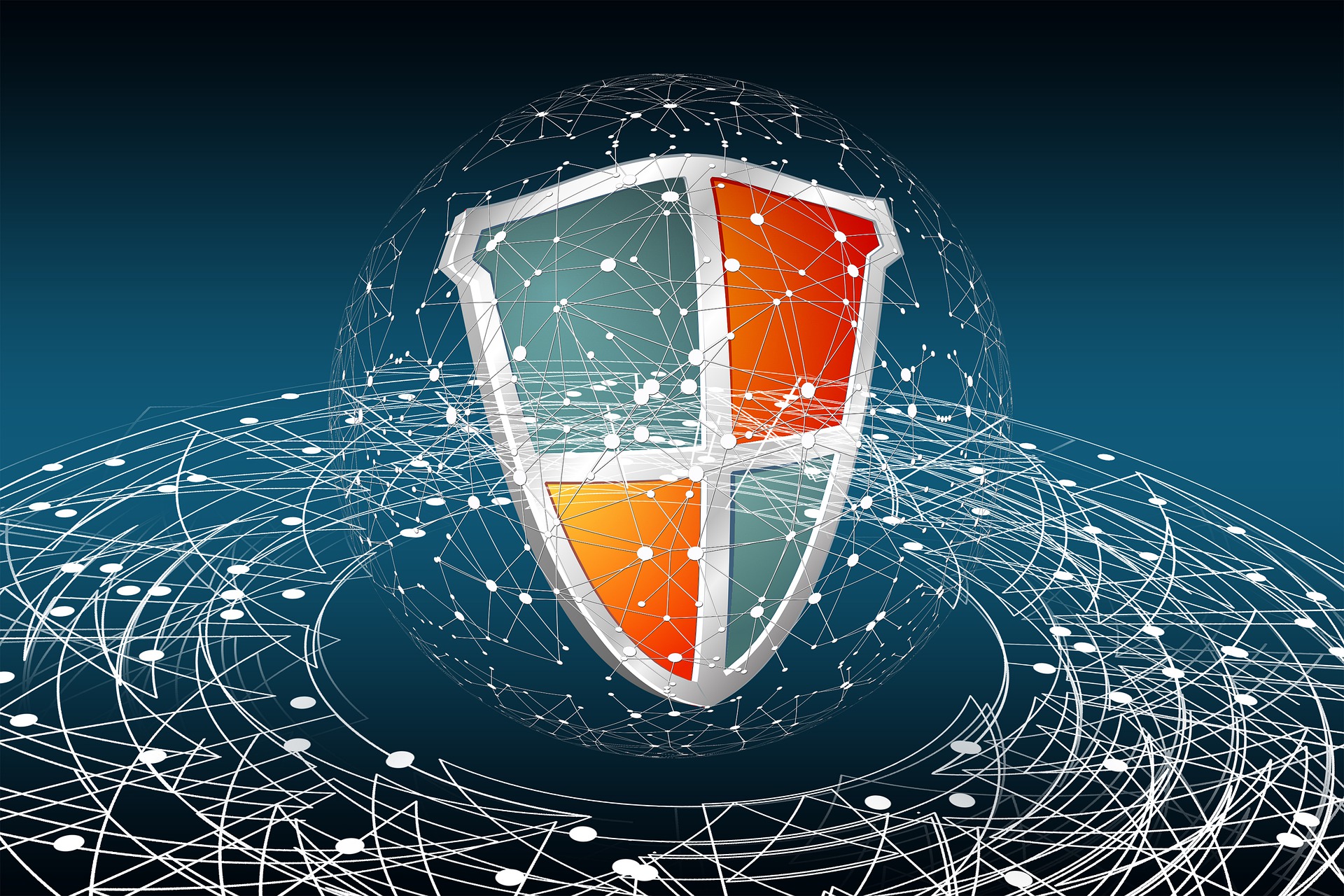
Introduction
To us, the Internet is a place of entertainment, work, and wonder. To companies and major corporations, the Internet represents more—it represents ways to make money. Through data collection and advertising, traces of corporations can be found anywhere on the Internet.
Now, I don’t know about you, but I’m not the biggest fan of corporations stealing my data and using it to profit. If you’re the same way, then continue reading, as I’ll be listing ways you can protect your data and keep corporations off your back. Well, as off your back that’s currently possible.
3 Ways to Take Back Your Online Privacy
I define online privacy as the level of protection of our personal information. If our personal information is plastered everywhere, then there’s a low level of online privacy. If there’s no trace of you on the Internet whatsoever, you have perfect online privacy.
And while having perfect levels of online privacy may be near-impossible, it’s my job to help you achieve the best online privacy possible. So, without further ado, here are three ways to keep your personal information out of the hands of major corporations.
1. Refrain from Sharing too Much Personal Information
Personal data = money. This is how companies view our data. And not every piece of information they scrub through is because they stole it or found a way to exploit a website for data. No, sometimes we end up giving corporations our data willingly through social media.
Social media is great, but it’s also a way for corporations to gather data without having to fear major repercussions. This goes double for the social media titans themselves. Facebook, as we all know, loves collecting user information. Same with Instagram, same with Twitter, and same with probably every other social media platform.
These companies profit off and store your information, so try to refrain from sharing too much personal information. Don’t give these companies what they want.
2. Use a VPN to Encrypt your Data
When you browse the Internet, you may not be focused on the dangers that lie ahead on every site. Hackers lie in wait for someone to download the wrong thing, click on the wrong link, or run into the wrong website. Third parties (your ISP, government) may monitor your activity, storing the data to keep tabs on you.
This monitoring and hacking cause a loss of privacy and theft of personal information—something you obviously want to avoid.
Encrypting your data with a VPN will help keep your data under wraps, away from corporations and other third parties. They’re simple to set up and offer tons of security and protection.
3. Leave a Small Digital Footprint
Lastly, I recommend you do your best to leave the smallest digital footprint possible. What I mean by this is to refrain from signing up for dozens of accounts, shelling out your personal information on any site or profile you make, and overall refrain from interacting with other stuff on the Internet as much as possible.
This is the more extreme solution to keeping data out of the corporation’s hands, but it is effective. If you can, try to leave a small digital footprint.
Conclusion
We’re taught from a young age that the Internet is filled with strangers and criminals, all of them ready to steal our information and harm us. However, we’re rarely taught about the power corporations have on the Internet and the multitude of ways they can steal our data to make a quick profit.
This lack of teaching puts many of us at risk. Fortunately, with these three ways I’ve listed to you today, you can keep our personal data safe. Remember, cybersecurity is important, and practicing proper cybersecurity is an invaluable lesson.
RELATED ARTICLES
- The Internet Censorship Bubble Is About To Burst
- 99% Of Israeli Start-Up Companies Eligible For Tens Of Millions In COVID-19 U.S. Bailout Grants
- Shock: Ireland Goes Full Communist, Issues Law to Arrest Citizens Who Push 'Misinformation'
- The EU Wants to Spy on Europeans' Internet Use
- Romania Agrees to Repair Ukraine's Internet After Russia Destroyed it in Massive Cyberattack











